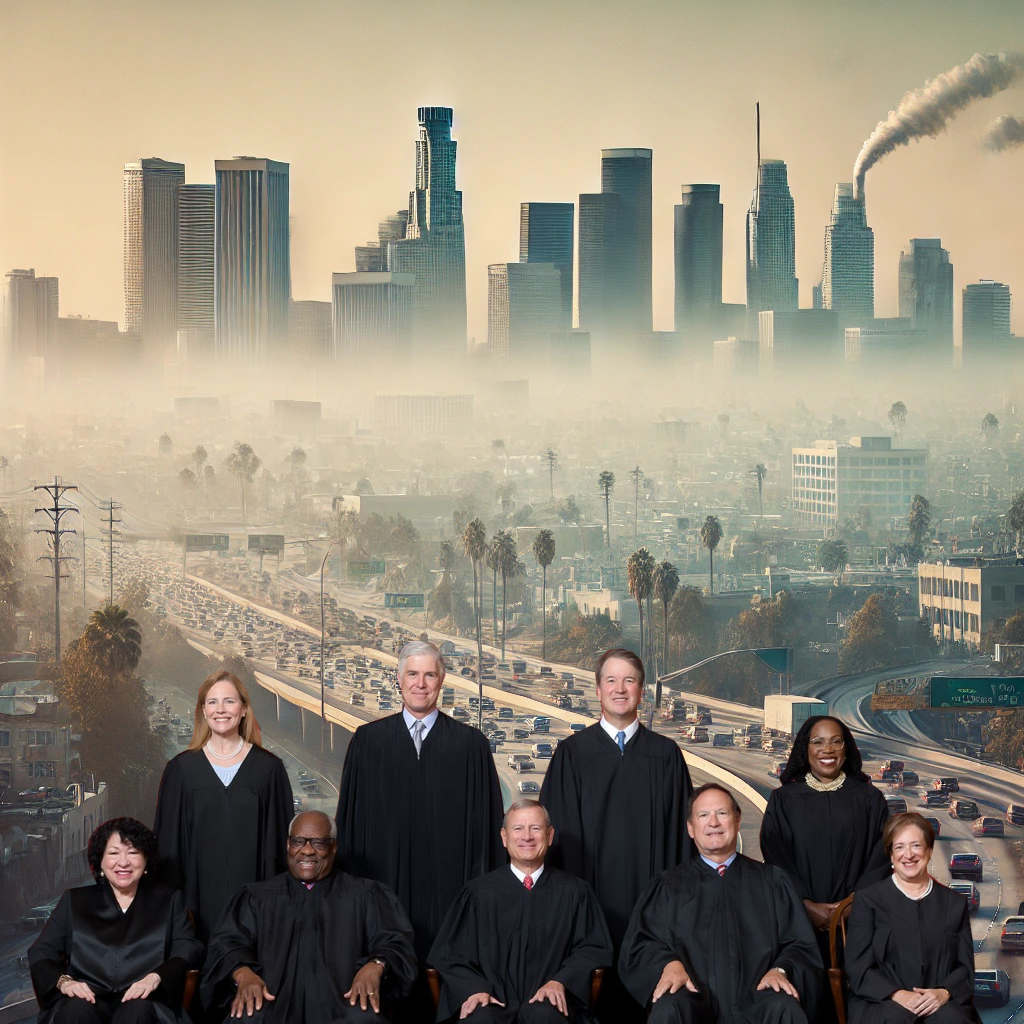A recent report from the United Nations presents an ethical guideline for climate engineering, acknowledging the dire state of our global climate. As we approach the end of what is likely to be the hottest year ever recorded, this report explores the moral implications of utilizing technological solutions to combat escalating global temperatures.
The report emphasizes that the rapidly increasing effects of global warming are revitalizing discussions about the most effective climate actions to mitigate the disastrous impacts of environmental changes.
In addition to the strategies outlined in the report, climate engineering, also known as geoengineering, offers potential supplementary solutions. These include Carbon Dioxide Removal (CDR) methods, which aim to reduce the levels of carbon dioxide in the atmosphere, and Solar Radiation Management (SRM), which seeks to reflect a small proportion of the Sun’s light and heat back into space.
However, these methods are not without controversy. While they could potentially help to reduce global temperatures, they also carry risks and uncertainties. For instance, SRM does not address the root cause of climate change – greenhouse gas emissions – and could have unforeseen consequences on global weather patterns.
Therefore, while climate engineering could serve as a ‘Plan B’, it is crucial that it is approached with caution, rigorous scientific testing, and robust ethical guidelines, as suggested by the UN report. Ultimately, reducing greenhouse gas emissions must remain our primary strategy in tackling the climate crisis.





